Buchu and its positive effects on health
Posted on December 05 2016,

Buchu has many variations of its name: Buchu, Boegoe, Bucco, Bookoo and Diosma. They are small shrubs or bushes from the genus Agathosma betulina. Buchu is the name for two species of flowering plants from southern Africa (some say it is a native of South Africa) that are known for their medicinal value and for their fragrance. The stems are erect and woody, the leaves are green and the flowers are white and pink. Buchu essential oil is made from steam distilling the leaves.
Properties of Buchu
Because of the phenolic compounds in its leaves, Buchu has diuretic and antiseptic properties, which makes it to be effective on gastrointestinal and urinary tract issues. However, buchu’s diuretic properties may be no stronger than the xanthine alkaloids in coffees and teas. In certain English-speaking countries the 1860s and 1870s an infusion (a process similar to steeping) of bottled agathosma was sold as “buchu tea”. Its popularity waned in the next decade, but its use has continued to this day. And, although buchu can be toxic, there is no reported scientific evidence to suggest that brewed buchu teas are harmful.
Buchu can also be used in treating gout, urethritis, prostatitis and cystitis, as well as yeast infections and leukorrhea. However, there is also no scientific evidence to support buchu’s herbal medicinal uses.
However, buchu is considered to have anti-rheumatic, anti-arthritic and is carminative, which means it combats flatulence. Buchu relieves stomach and intestinal gas which causes one to feel bloated and heavy from the pressures of gas pain. Buchu essential oil also regularizes metabolic rates.
Other uses of the Buchu plant
A buchu tincture is made with brandy by placing buchu leaves and stems in the brandy and allowing them to steep. Compresses are made using buchu vinegar which is made by using vinegar in the infusion process mentioned earlier. Buchu vinegar can also be imbibed for effect.
Buchu essential oil is toxic if not taken in the correct dosage. Therefore, the negative side effects of buchu, if taken over a relatively long period of time or in above average amounts has been known to irritate the liver and kidneys because it contains diosmin and the compounds diosphenol and pulegone. It should not be taken during pregnancy because it may also increase the risk of a miscarriage. It also increases menstrual flow.
The essential oil of buchu can be used as an insecticide, and is said to be able to kill mosquitoes, flies, bed bugs and others.
The essential oil of buchu is used because of its pleasant aromatic qualities in making perfumes and food flavorings, similar to peppermint and black currant and is said to block ultra violet light.
The different types of Chamomile essential oils and their benefits
“Though the chamomile, the more it is trodden on, the faster it grows, so youth, the more it is wasted, the sooner it wears.” -William Shakespeare, Henry IV. The...
Read More7 Benefits and Uses of Monarda Essential Oil
Introduction Monarda (Monarda fistulosa) essential oil is a steam distilled, colorless oil widely cultivated in the United States, Cananda and France. Besides being referred to as Monarda you may also...
Read More7 Superb Benefits and Uses of Wild Verbena Essential Oil
Holding exceptional medical properties, including soothing skin irritation and rectifying diverse congestion challenges, Wild Verbena essential oil is a native South African resource that features unparalleled health advantages. Wild Verbena...
Read MoreThe different types of Lavender Essential Oils and Their Benefits
Lavender is one of the most well-known and well-loved essential oils out there, and for good reason. Lavender essential oil has a multitude of applications and is helpful for the...
Read More

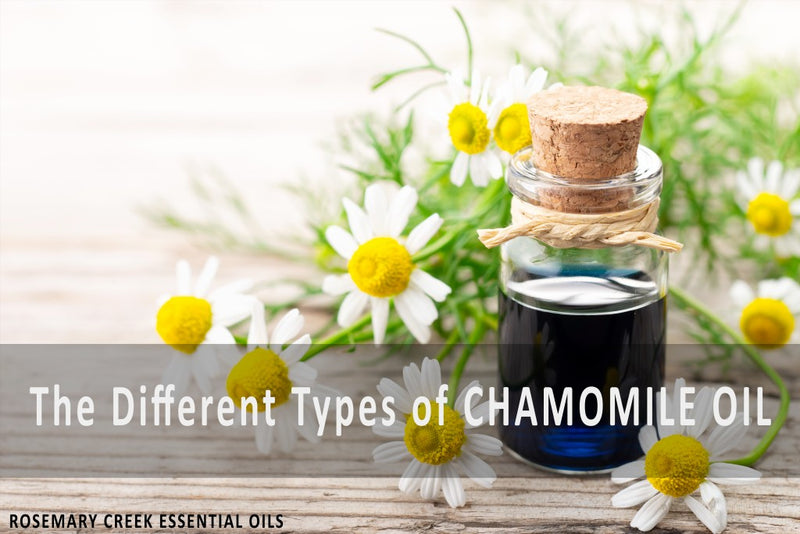
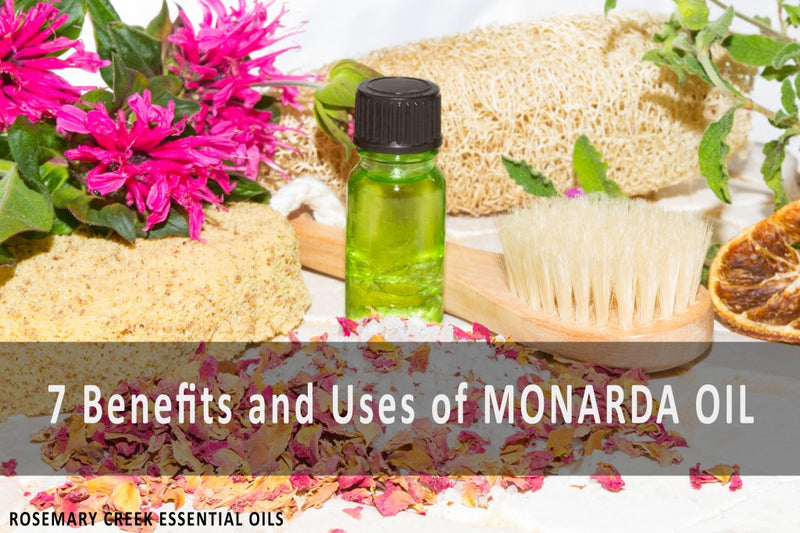
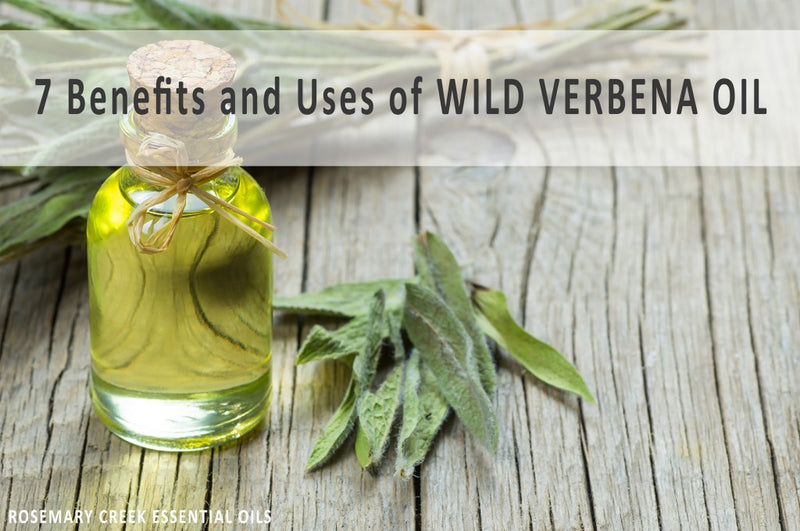
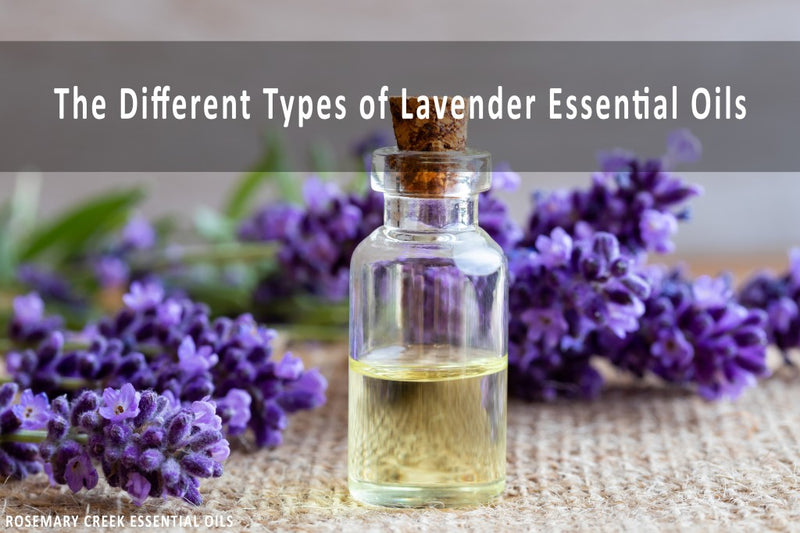
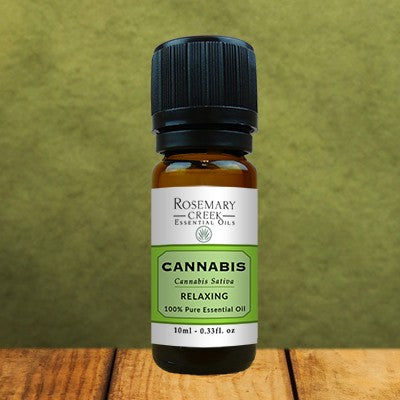
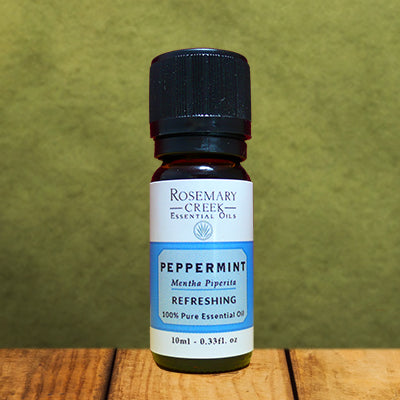
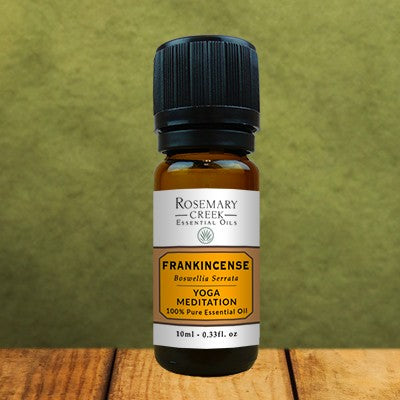
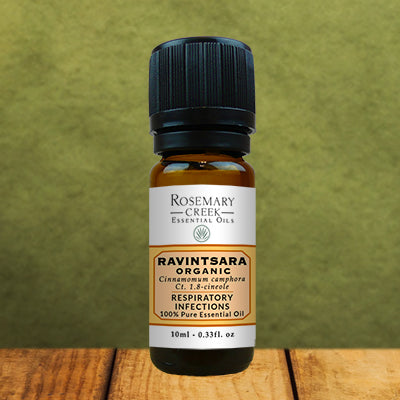
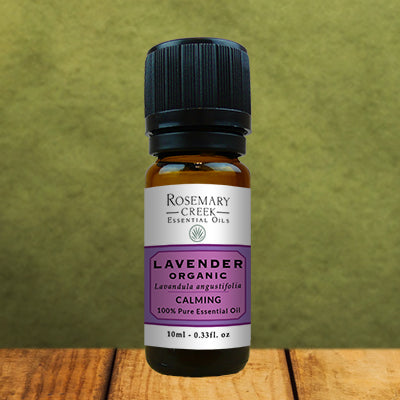
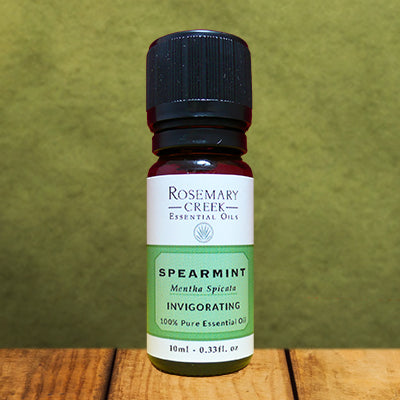
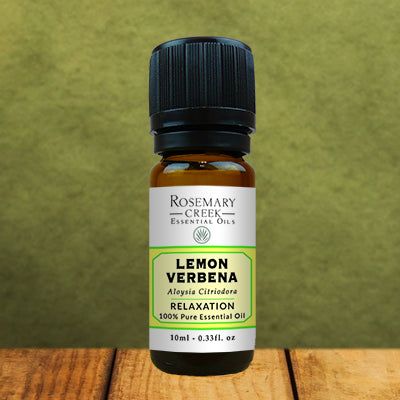
0 comments